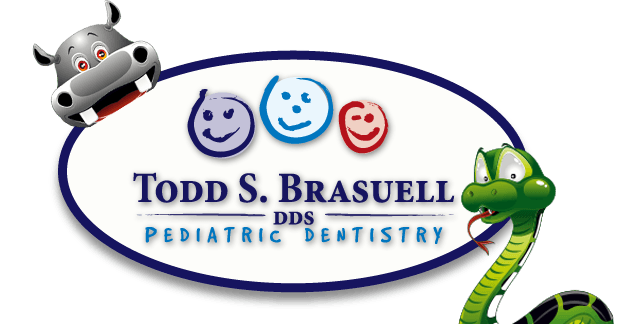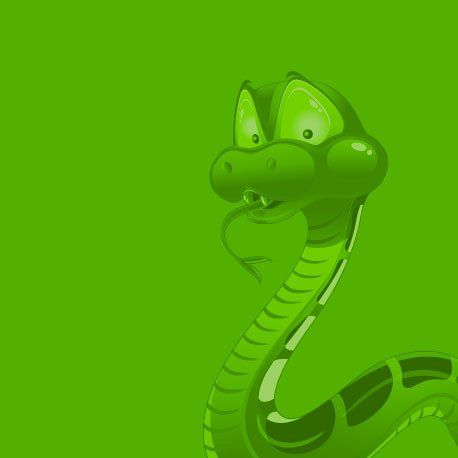Available Treatment Types

Sealants
Sealants are a preventive measure recommended for permanent molars. There are times they are recommended for baby molars as well. Even if your child is very diligent about brushing and flossing, it is nearly impossible to clean the tiny grooves of these teeth. Food and bacteria get trapped and begin to cause decay. The sealant is a shaded plastic applied to the biting surface of these molars and help to keep them cavity free. The sealants, however, do not prevent decay between the teeth. Therefore, it is still very important to keep up with daily flossing.

X-Rays
It is recommended that your child get X-rays of the molar teeth once per year. This detects cavities developing between the teeth. There are also times when additional X-rays will be suggested. Some of these may include a Panorex or Periapical Films. These are needed to survey erupting teeth, diagnose bone diseases, evaluate the results of an injury, or plan orthodontic treatment. In short, X-rays allow dentists to diagnose and treat conditions that cannot be detected during a clinical examination. When these problems or conditions are found and treated early, dental care is more comfortable and affordable. At our office we also take special care to minimize the exposure of your child to radiation. Lead body aprons and shields help protect your child. Not to mention, today's equipment restricts the X-ray beam to the area of interest. This, along with our use of digital X-rays, assures that your child receives a minimal amount of radiation exposure.

EZ Pedo
The EZ-Pedo crown is a Zirconia crown. It is all white and is a great alternative to Stainless Steel Crowns. Zirconia is said to be the high-tech ceramic of the future. It is virtually indestructible, like no other dental material. This crown is very natural and esthetic. That means that most will not even know that it is there. "With vibrant, natural beauty, EZ-Pedo crowns are making a revolutionary change in pediatric dentistry. Built for looks and engineered for success, our crowns are the perfect answer when a crown is required. But esthetics is a priority." We have found that more insurance companies are covering this treatment option just as they would the Stainless Steel Crown. Dr. Brausell will let you know if this option is right for your child.

Space Maintainers
Baby teeth are important to your child's present and future dental health. They encourage normal development of the jaw, bones, and muscles. These teeth also save space for the permanent teeth and guide them into position. Some baby teeth do not fall out until a child is between 12 and 14 years of age. A Space Maintainer is used when a baby tooth is lost too soon. When this happens the teeth beside the empty space may drift into that space. Also, the teeth on the other jaw may move up or down to fill the gap. This takes away the space for the permanent teeth and can cause more extensive orthodontic treatment in the future. The Space Maintainer is used to hold open the empty space left by a lost tooth. This prevents movement of the remaining teeth until the permanent tooth takes its natural position in the jaw. This form of treatment is easier for the child and more affordable then trying to move the teeth back in place with orthodontic treatment later.

Nitrous Ixode
Sometimes a child may feel anxious before or during treatment. In these times your child may need more support than a gentle, caring manner to feel comfortable. Nitrous Oxide, or laughing gas, is a safe, effective sedative agent used to calm a child's fear. This coupled with effective communication we can achieve a successful dental appointment. Additionally, at the end of the treatment your child breathes in strictly oxygen and the nitrous is completely eliminated from the lungs. This leaves no lingering effects. Here at Dr. Brasuell's office we call this "happy air".

Sedation
Sedation may be recommended for children with a level of anxiety that prevents good coping skills, those who are very young and do not understand how to cope in a cooperative fashion, or those requiring extensive dental treatment. Sedation can also be helpful for children with special needs. Sedation is used for a child's safety and comfort during dental procedures. Sedation also promotes a better environment for providing dental care. Various medications can be used to sedate a child. Medicines will be selected based upon your child's overall health, level of anxiety, and dental treatment recommendations. Dr. Brasuell uses conscious sedation effectively by following the sedation guidelines of the American Academy of Pediatric Dentistry. Dr. Brasuell will discuss sedation options and patient monitoring for the safety and comfort of your child. Some important details will be given to you prior to your visit that you should read through very thoroughly. A very important fact to remember is that your child will often perceive a parent's anxiety which makes them more fearful. Please never use words that connect to fear of pain. Here at Dr. Brasuell's office we do not say things like hurt, pinch, or shot. Your child, in most cases, is unaware of all that is involved and we do our best to keep it that way. If you have questions, please call and we can assist you with our "child friendly" terms that are appropriate for your child's dental visit. Always let us know if your child becomes ill. It may be necessary to reschedule your child's visit. Also, make us aware if your child is taking any over-the-counter or prescribed medications.

Hospital Cases
There are times that a child may be treated under General Anesthesia for their dental needs. This could be for various reasons. Some different reasons for this recommendation could be extensive dental needs or a fearful/ anxious very young child that does not understand how to be cooperative. This treatment option can also be useful for patients with special health care needs. A physical evaluation is required prior to general anesthesia for dental care. This assessment provides information to ensure the safety of your child during the general anesthesia procedure. We will keep you informed about any evaluation appointments that may be required.














